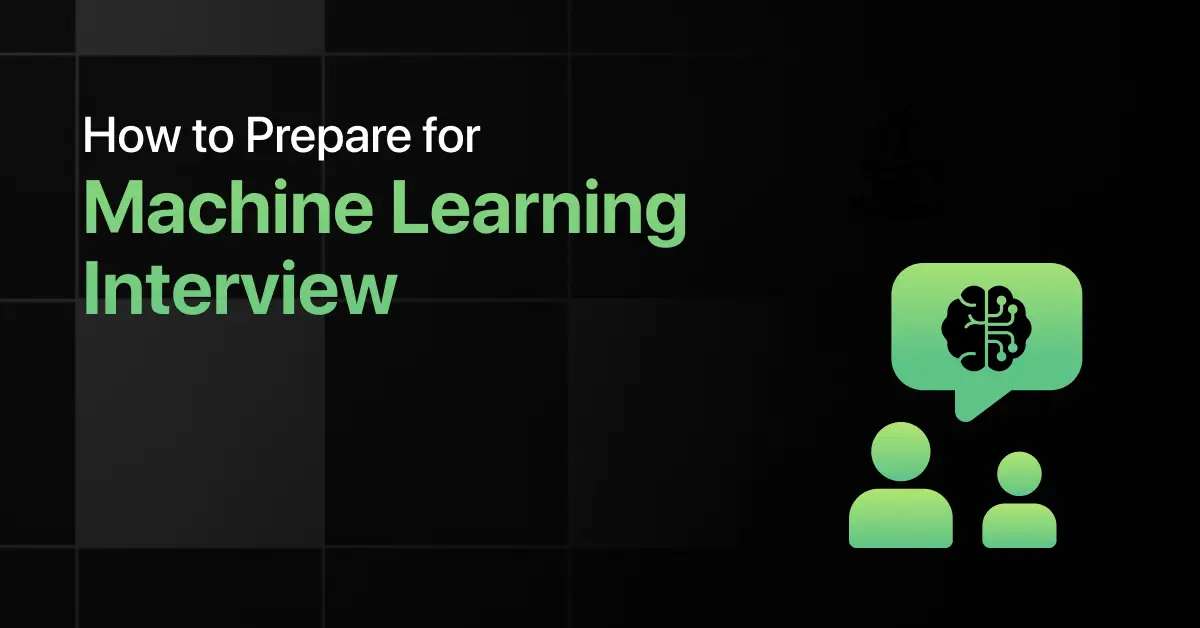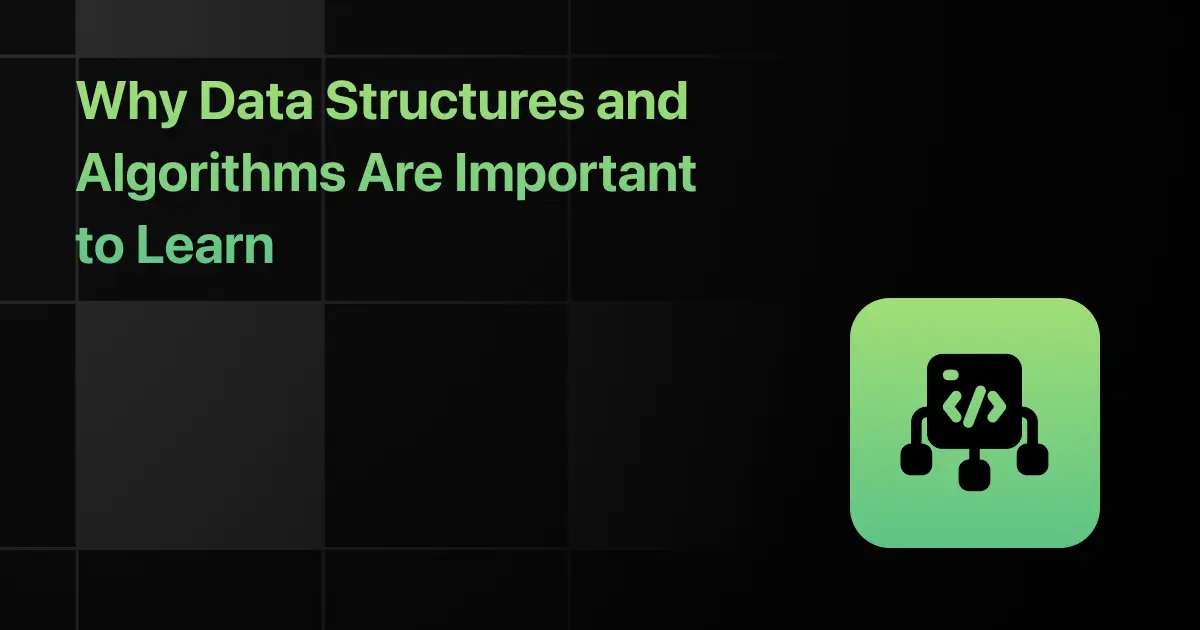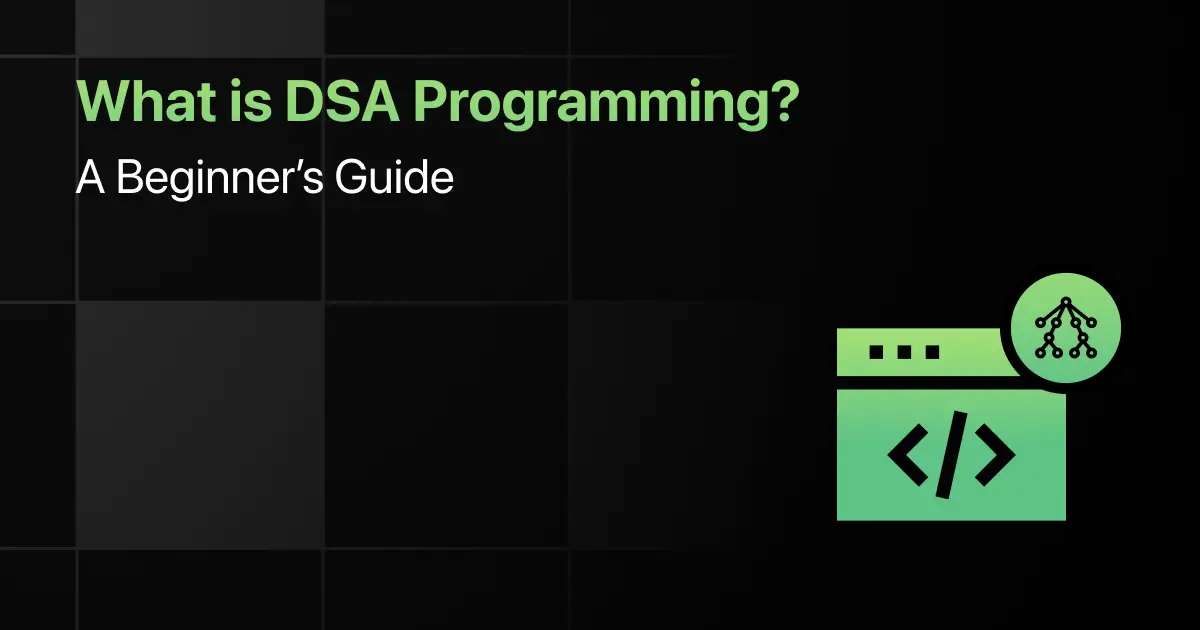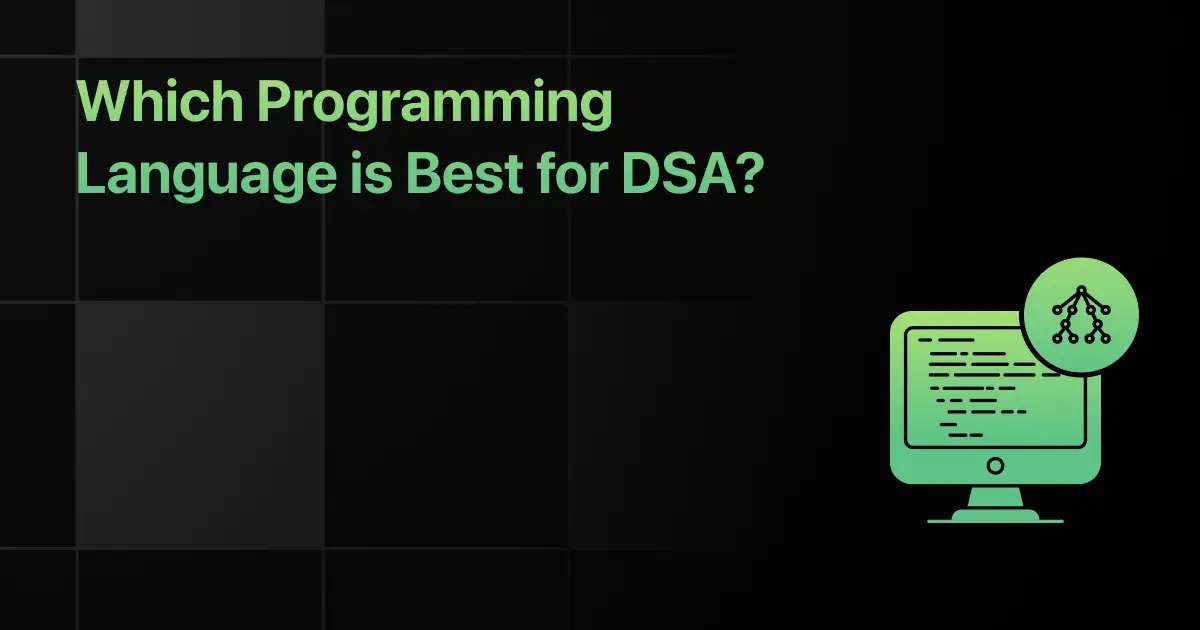How to Prepare for Machine Learning Interview

Are you preparing for a Machine Learning interview but unsure which areas to focus on?
Many candidates struggle to balance theoretical concepts, coding practice, and real-world applications while preparing for ML interviews.
This blog will guide you with a structured approach to Machine Learning interview preparation, covering key fundamentals, commonly asked questions, and practical tips to help you perform confidently.
Machine Learning Interview Preparation Guide
Preparing for a Machine Learning interview requires a strong grasp of core concepts such as supervised and unsupervised learning, model evaluation, feature engineering, and algorithms like regression, decision trees, and neural networks.
Interviewers often test both your theoretical understanding and your ability to apply ML concepts to practical problem-solving.
To make your preparation more effective, it helps to combine hands-on coding practice with reviewing case studies and real interview experiences, which provide insights into the types of ML questions companies frequently ask.
1. Master the Core Fundamentals
Before moving to complex models, it’s important to revise the fundamentals of Machine Learning. Interviewers often begin with basic theory before diving into coding or case studies. Key areas to focus on include:
- Types of learning: supervised, unsupervised, reinforcement
- Linear and logistic regression
- Decision trees, random forests, and ensemble methods
- Clustering techniques (K-means, hierarchical clustering)
- Support Vector Machines (SVM)
- Naïve Bayes classifier
- Feature selection and feature engineering
- Bias-variance tradeoff
- Overfitting and underfitting
- Model evaluation metrics (accuracy, precision, recall, F1-score, ROC-AUC)
- Cross-validation techniques
- Basics of neural networks and deep learning concepts
- Mastering these fundamentals ensures you can handle both theoretical and applied questions in interviews.
2. Practice Coding Problems Consistently
Machine Learning interviews often test your ability to implement algorithms and solve problems with real datasets. Consistent practice helps you build confidence in applying ML techniques. Focus on tasks such as building regression models, implementing classifiers, clustering data, and evaluating model performance.
Use Python libraries like NumPy, pandas, scikit-learn, and TensorFlow/PyTorch for hands-on coding practice. Regularly solving problems on Machine Learning Exercises will improve your coding speed, accuracy, and familiarity with standard ML workflows.
3. Prepare for Commonly Asked Interview Questions
In addition to coding, interviews include conceptual and scenario-based questions to test your ML knowledge. Reviewing frequently asked questions can help you prepare effectively. Some examples include:
- What are the differences between supervised, unsupervised, and reinforcement learning?
- What is the bias-variance tradeoff?
- Explain overfitting and underfitting with examples.
- How do you handle missing data in a dataset?
- What are the differences between bagging and boosting?
- Explain the working of decision trees and random forests.
- What is the difference between classification and regression problems?
- How do you choose the right evaluation metric for a model?
- What is regularization and why is it important?
- How does gradient descent work?
- What are confusion matrices and how are they used?
- What is the curse of dimensionality in ML?
- Explain the difference between generative and discriminative models.
- What is PCA (Principal Component Analysis) and when should it be used?
- How does cross-validation help in model evaluation?
Going through these systematically will prepare you for both theoretical and practical ML interview questions.
4. Preparation Tips
- Revise Core ML Concepts: Review topics like regression, classification, clustering, and model evaluation to strengthen your fundamentals.
- Practice Coding Daily: Implement ML algorithms using Python libraries such as scikit-learn, TensorFlow, or PyTorch to gain hands-on experience.
- Take Mock Interviews: Simulate interview conditions to practice explaining ML concepts and solutions under time constraints.
- Work on Projects: Build small ML projects such as spam detection, movie recommendation, or image classification to showcase your applied skills.
- Review Before the Interview: Spend the final day revising algorithms, key formulas, and commonly asked ML questions rather than learning new topics.
Final Words
Preparing for a Machine Learning interview requires a mix of theoretical understanding, coding practice, and project-based experience.
With a structured approach and consistent revision, you can confidently tackle both technical and practical interview questions.
Explore More Interview Preparation for
- Python
- Software Developer
- C++
- Full Stack Developer
- Front End Developer
- .NET
- C#
- PHP
- Angular
- Node JS
- C Programming
- JavaScript
- Java
- DBMS
- SQL
- React
FAQs
To prepare for a Machine Learning interview as a fresher, focus on core algorithms, coding practice with Python libraries, and revising common ML questions.
The most important Machine Learning topics for interviews include regression, classification, clustering, decision trees, ensemble methods, bias-variance tradeoff, and model evaluation metrics.
You should practice Machine Learning coding daily by implementing algorithms, working on datasets, and evaluating models until you can solve problems confidently.
The best platforms to practice Machine Learning coding questions are PlacementPreparation.io, Kaggle, HackerRank, and LeetCode.
To revise Machine Learning concepts one day before the interview, quickly review algorithms, model evaluation metrics, bias-variance tradeoff, and common ML questions.
PlacementPreparation.io is useful for Machine Learning interview preparation because it provides structured exercises, MCQs, and real interview questions tailored for students.
Related Posts


Importance of Data Structures and Algorithms (DSA)
Why is everyone constantly talking about DSA, and why is it considered so important for programming? Many beginners focus only on …
Warning: Undefined variable $post_id in /var/www/wordpress/wp-content/themes/placementpreparation/template-parts/popup-zenlite.php on line 1050








